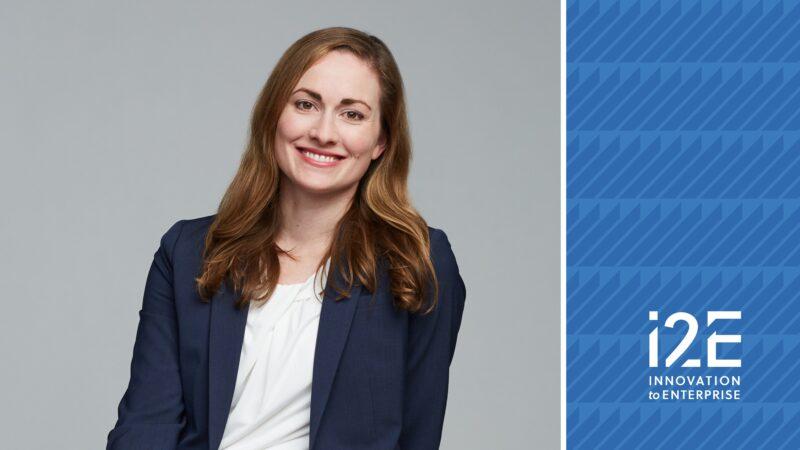Vision proposal aims at Tulsa being the next Silicon Valley
By Jarrel Wade
Copyright © 2015 BH Media Group Holdings, Inc.
The next industrial revolution is called the “maker movement,” and Scott Phillips, founder of Civic Ninjas, wants Tulsa to be ahead of everyone.
On Tuesday, Phillips plans to pitch his proposal for Vision 2025 renewal funding to build a “globally unique innovation space” that puts modern manufacturing tools and technology — like 3-D printers — into the hands of the community on a large scale.
“The key in my mind is the ability to match the technology community with traditional manufacturing in Tulsa and the broader community,” Phillips said. “Mixing those elements in one area and in one facility would be game changing to Tulsa. And game changing to the maker movement globally.”
Given a large enough space and funding, Phillips hopes to construct a place where builders can make just about anything they want.
Other locations would be considered, but Phillips has his eye on the wide-open space inside the Evans-Fintube industrial complex northeast of downtown, which has long been sought for redevelopment by the city.
Beyond the building, Phillips has designs for the space to be a community-event hub, pulling people together for more than just computers and manufacturing.
Phillips’ proposal is for $24 million, which would purchase or build a structure that would be outfitted with modern, special technology for engineering and manufacturing that would be available to everyone.
He calls the area “innovation space,” “raw space” and “maker space,” interchangeably.
In fact, it’s hard to nail down succinctly what it does.
The maker movement is all about linking software and programming to hardware and manufacturing, Phillips said.
“When you start having to import those ingredients, we’re building the mixing bowl that brings those ingredients together,” Phillips said.
The proposal for an industrial-size maker space is to encourage broad collaboration among various industries by having access to special tools all under one roof, Phillips said.
Tulsa has already done that on a smaller scale at Fab Lab Tulsa, which is one of more than 300 MIT-chartered Fab Labs and the first in the region, according to the organization’s website.
Since 2011, Fab Lab Tulsa has provided open access to advanced manufacturing and digital fabrication tools for the Tulsa community.
As Fab Lab Tulsa has grown and the Fab Lab concept has expanded into more communities, Phillips said Tulsa can create something unique on a much larger scale that would attract people in the maker movement from all across the world.
In Phillips’ vision, oil-industry engineers, aviation-industry engineers, Web programmers and students would all be working near one another and collaborating freely on ideas.
Some of the ideas born in Tulsa could create companies and shape the business landscape of the future, Phillips said.
Phillips points toward quadcopter drones. In recent years, remote-controlled helicopters have become a booming commercial enterprise by applying various computer programming fields to existing technology.
“It started as a hobby, but it’s quickly evolving into multiple commercial applications,” Phillips said. “Most of the evolution of that stuff can be linked to the maker movement.”
Innovations in thermostats, which have not evolved much in the past century, yielded a new billion-dollar e-thermostat industry once someone thought to connect them to the Internet, Phillips said.
“I think it’s a top-down pull and a bottom-up push,” Phillips said about the maker movement. “The opportunity to amplify all the great momentum locally aligns with the excitement and global interest.”








